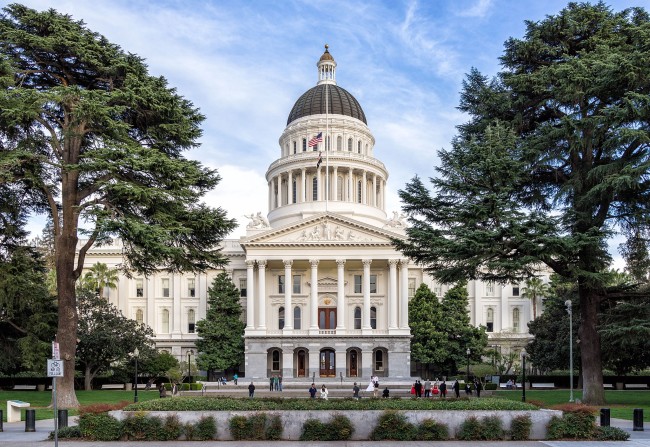Proposition 65 (Prop 65) in the States
Background
Proposition 65, officially known as the Safe Drinking Water and Toxic Enforcement Act, was a ballot initiative passed by California voters in 1986 to address growing public concern over exposure to toxic chemicals. It requires the state to maintain a list of chemicals known to cause cancer, birth defects or other reproductive harm. Businesses must provide warnings if they cause exposures to listed chemicals exceeding safe harbor levels. Over 900 chemicals are currently listed under Prop 65, from pharmaceuticals to food additives to paint strippers, based on ongoing health assessments by state scientists.
The Issue
While Prop 65 intends to empower the public and drive industry towards safer products, it has also fueled confusion and drawn criticism over curbing access to beneficial products containing trace chemicals without evidence of harm at typical exposure levels. The expansive listed substances combined with extremely low procedural notification requirements compel many manufacturers to provide “overwarning” via ubiquitous labels rather than risk litigation. By mandating generalized warning language on items that may offer net consumer/societal benefits, some argue Prop 65 has diminished the impact of labels for truly dangerous goods. With growing calls for reform to improve implementation and warning relevance, Prop 65 aims to promote transparency on chemical hazards but continues to struggle balancing public right-to-know with unnecessary restrictions.
CHPA’s Position
Imposing Proposition 65 state-level requirements on chemicals actively regulated under federal purview risks duplicative warnings that undermine public trust in national safety determinations. Since the FDA derives allowable limits from the best available science, overriding federal risk-benefit guidelines with California-specific thresholds triggers unnecessary labeling not reflecting real-world exposures from routine product usage shown to be safe. Lawmakers should prevent this dilution of critical safety communication by exempting federally-approved substances from triggering contradictory Prop 65 warning mandates.



